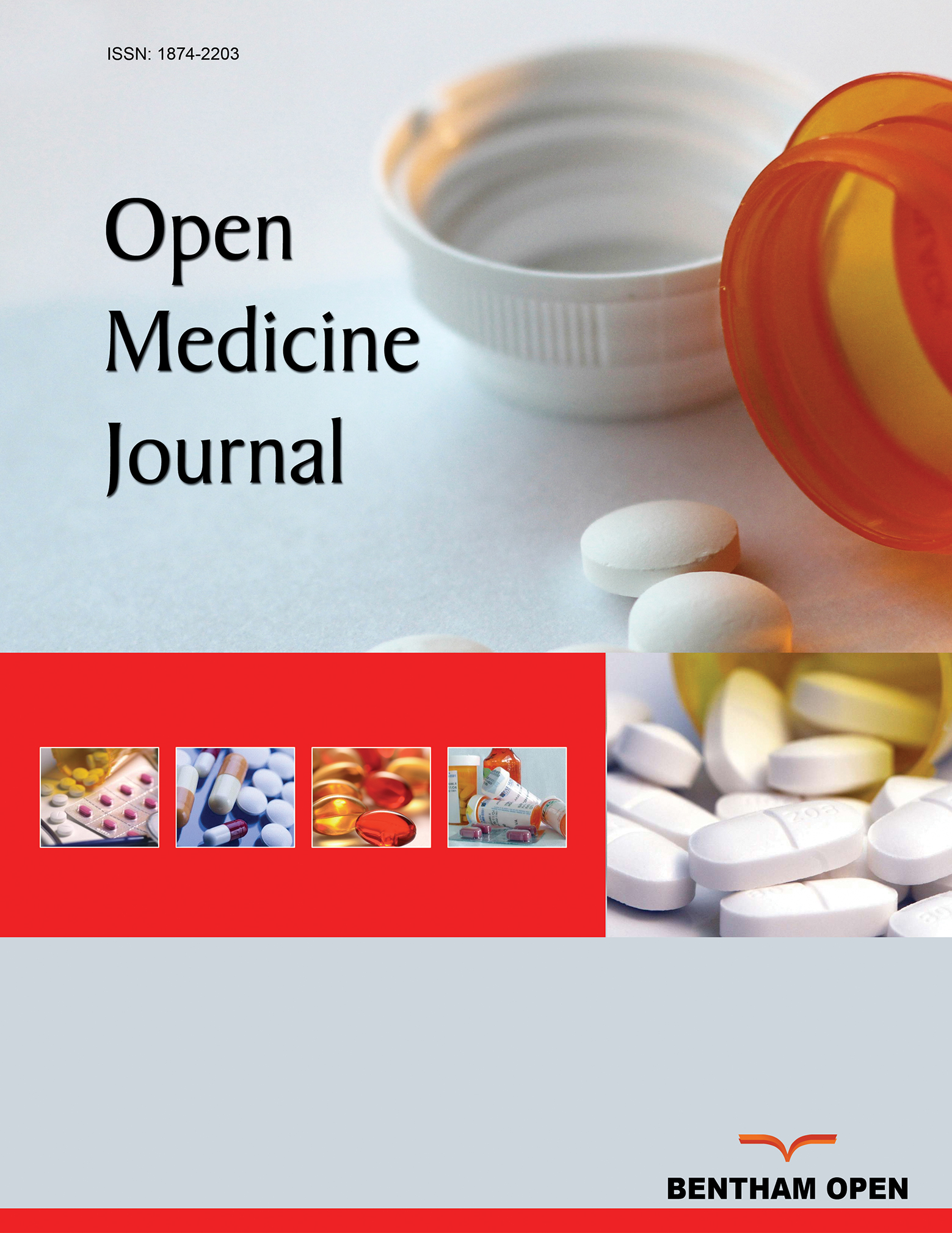All published articles of this journal are available on ScienceDirect.
Antiviral Treatment to Prevent Transmission of Hepatitis C in People Who Inject Drugs
Abstract
The hepatitis C virus (HCV) is common among people who inject drugs (PWID) and causes significant morbidity and mortality. Opiate replacement therapy and needle exchange programs have effectively prevented the transmission of the Human immunodeficiency virus (HIV) but have been less effective for HCV. Other HCV prevention strategies are needed. Antiviral therapy with all oral direct acting antivirals is currently available and appears to be highly effective even in PWID and offers a possible strategy to further prevention efforts. This paper will review current evidence for treatment as prevention for HCV in PWID.


